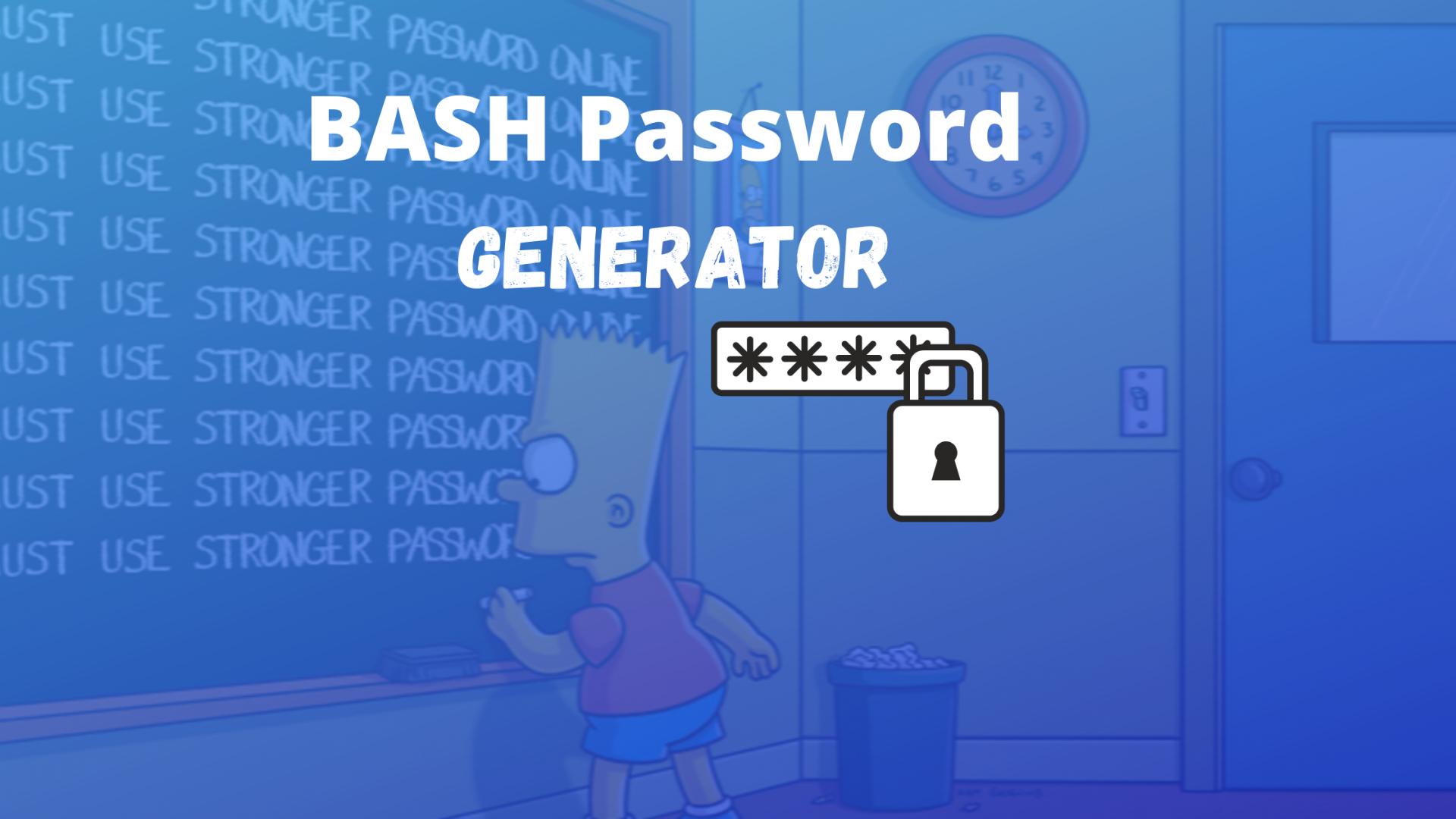

(So if you use that randomizer, all random functions within the same second will return the same value.). Note : In case you were wondering : the dll does not use the default Windows randomizer, which is based on the current time. Lowercase password, but with limited character set of abcdeįull character set passwords, with limited set of characters

The output of these 2 iterations looks like this : Current lcase character set is : abcdefghijklmnopqrstuvwxyz PVEPasswordGenerator.PW_CHARS_SPECIAL = "-+?" Ĭonsole.WriteLine( "\nFull character set passwords, with limited set of characters") Ĭonsole.WriteLine( PVEPasswordGenerator.GeneratePassword(20, true, true, true, true)) PVEPasswordGenerator.PW_CHARS_NUMERIC = "012" PVEPasswordGenerator.PW_CHARS_UCASE = "ABC" PVEPasswordGenerator.PW_CHARS_LCASE = "abc" PVEPasswordGenerator.PW_CHARS_LCASE = "abcde" Ĭonsole.WriteLine( PVEPasswordGenerator.GeneratePassword(20, true, false, false, false)) In C#, this is how you can set or get the values of those variables : Console.WriteLine( "\nCurrent lcase character set is : " + PVEPasswordGenerator.PW_CHARS_LCASE) Ĭonsole.WriteLine( "\nLowercase password, but with limited character set of abcde") You can use your own character set by setting some variables prior to generating the password. The dll works fine for me, but if you encouter bugs or strange behaviour, let me know. Special you launch the function without any parameters, a password of 8 characters will be created, using all character sets. This variable allows you to define the length The simple console application that demonstrates some of the possibilities of the password generator looks like this : using System Ĭonsole.WriteLine( "\nFull character set passwords :") įor ( int i = 0 i GeneratePassword() function takes up to 5 arguments : Type You should now see a reference to the dll in the Visual Studio Solution Explorer. Select the dll file and click “OK” to add the reference to your project. Open the “Browse” tabsheet and browse to the dll file. In my example below, I’ve used a Windows Console application in C#, but you can use the dll in any Visual Studio project.Ĭlick “Project” – “Add reference”. PVEPasswordGenerator.dll (20.0 KiB) How to use the dll in Visual StudioĬreate a new Visual Studio project.

Because some of my own applications required the ability to create random passwords, I decided to write a small dll that will allow me to implement the generation of random passwords in a fast and easy way.


 0 kommentar(er)
0 kommentar(er)
